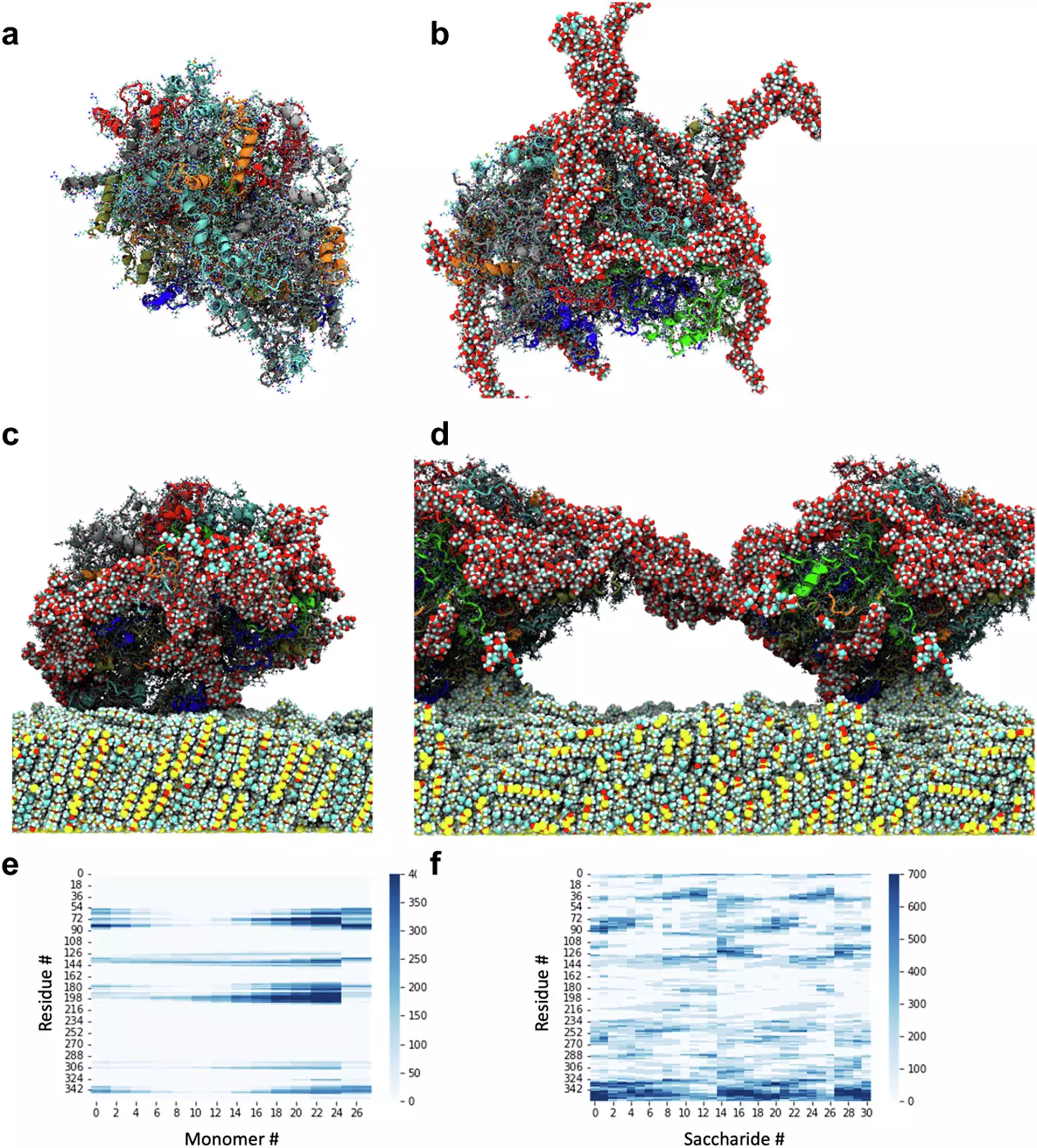Recent research initiatives led by the University of Leeds have proposed a monumental shift in lubrication technology by introducing an oil-free super-lubricant derived from potato proteins. This innovative aqueous lubricant is designed with the capability to achieve super lubricity, a state characterized by remarkably low friction. The concept is inspired by the natural lubrication found in human joints, where synovial fluid facilitates the seamless movement of cartilage. Breaking away from traditional reliance on synthetic materials, this research opens a new chapter in sustainable engineering and burgeoning biomedical applications.
The use of eco-friendly materials in lubricant development has long been a challenging pursuit due to the dominance of petroleum-based substances in the industry. Aqueous lubricants have typically leaned on synthetic formulations that often come with high environmental costs. The interdisciplinary approach adopted by researchers from institutions including the University of Leeds, INRAE in France, and King’s College London seeks to overturn this norm by harnessing plant-based by-products such as potato protein. These alternative materials not only promise reduced carbon footprints but also bring forth the potential for biodegradable and renewable lubricant solutions.
The team’s findings, elucidated in the journal *Communications Materials*, mark a significant milestone in the fusion of molecular dynamics and plant protein chemistry. Professor Anwesha Sarkar, who spearheaded this research, emphasizes the transformative nature of their work; they have successfully engineered a self-assembly mechanism comprising plant protein-based protofilaments and biopolymeric hydrogels, resulting in a unique ‘patchy architecture.’ This intricate design facilitates hydration lubrication, a mode of lubrication that relies on the film of water to minimize friction, boosting the efficiency and sustainability of the lubricant.
First author Olivia Pabois points out the expansive possibilities this technology unlocks. Artificial synovial fluids, eye drops, and even low-fat food products that require the mouthfeel of their higher-fat counterparts could all greatly benefit from this groundbreaking development. As the world increasingly seeks greener alternatives, the ability to create such beneficial products using waste by-products is not just innovative but imperative.
Collaboration Across Borders: A Testament to Interdisciplinary Research
The publication of this research also highlights the efficacious collaboration between international teams. Notably, the researchers were granted access to advanced measurement technologies at the Weizmann Institute of Science, Israel, enabling critical investigations into surface forces and the nanostructures of lubricants. Professor Jacob Klein emphasizes that this research represents the power of global cooperation in science and innovation, driving unprecedented results that exceed what any single group could achieve alone.
The interdisciplinary nature of this research enhances its credibility, combining molecular dynamics simulations with experimental studies. Professor Chris Lorenz from King’s College London underlines how this integrated approach allows for a deeper understanding of the interactions that govern the assembly of the lubricants. By quantifying these interactions, researchers can potentially create tailored, self-assembled natural materials optimized for lubrication performance.
The implications of this research extend beyond the realm of lubrication technologies. As the world grapples with environmental challenges, the demand for sustainable materials and processes becomes increasingly critical. In a society that continuously seeks out eco-friendly solutions, the emergence of a plant-based lubricant derived from potatoes is more than a scientific triumph; it is a movement toward sustainable engineering practices.
The innovative work led by the University of Leeds redefines lubricants through an eco-conscious lens, merging the intricacies of biology with advanced material science. As researchers continue to explore the myriad applications of this revolutionary lubricant, the future holds promise not only for engineering but for health and nutrition sectors. With continuous exploration and development, the potential of such solutions could lead to a more sustainable and health-conscious society.

